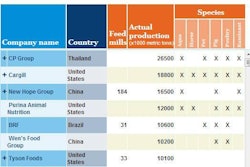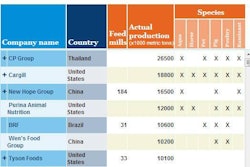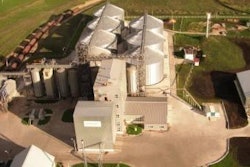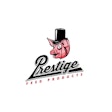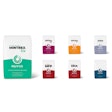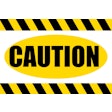European manufacturers of organic feeds for poultry already occupy a rather small niche market, but they fear it may not exist at all starting in 2012, unless the European Union regulators come to their rescue.
The legal background to this problem was spelled out by Commission Regulation number 889/2008, issued in September 2008, which set detailed rules for implementing previous Regulation 834/2007 about organic production in European Union countries. The ruling made plain that a small percentage of non-organic ingredients would be permitted in organic animal feeds — but only until 31 December 2011.
As from next January, therefore, the main part of the ration must be composed entirely of organically derived materials. It is not strictly correct to call this a requirement for 100% organic, however, even if that is how most reports have presented the situation. Any European animal feed for the organic sector can still contain the minerals and vitamins from standard sources. What we are talking about is the composition of the segment supplying protein and energy.
Raw materials of the right type for this segment are in short supply in Europe anyway, but the particular difficulty faced by the formulators of animal feeds for laying hens, turkeys and young pigs is how to provide enough of the essential amino acids without overdoing the crude protein.
Synthetic amino acids are not permitted in certified-organic diets. Until now the methionine and lysine have been obtained instead from fishmeal and from certain crop products such as prairie meal and potato protein meal, which could be included within the 5% of the macro diet permitted to come from non-organic agricultural materials.
The disappearance of that percentage as from the end of 2011 takes potato protein and prairie meal out of the equation because they are not available in an organic form. As for fishmeal, the rules state that only sustainable fish products are allowed. Exactly what sustainable means in this context is hotly debated, but you can be sure there is not enough to meet the demand.
One action proposed to help solve the dilemma would be to change the rules so that supplemental amino acids were permitted. Other commentators say the changeover to all-organic for the macro-ingredients should be postponed until suitable options are available in enough quantity. A third view proposes a delayed implementation of the all-organic rule, but only for the young animal starter feeds in which the need for amino acid supplementation is greatest.
Whatever the decision, it has to come soon — or the makers of organic poultry feeds in Europe face a very uncertain future.

